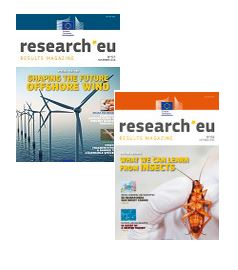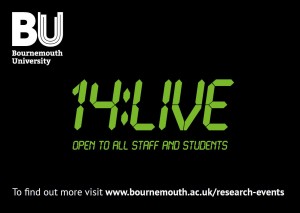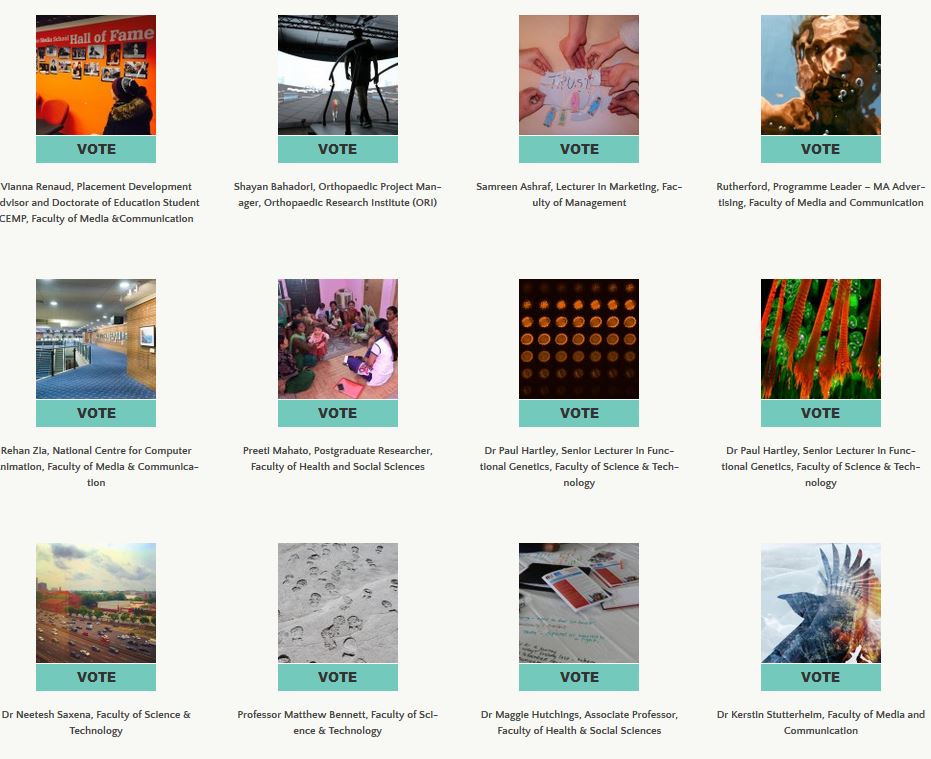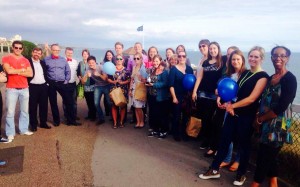CALL FOR PARTICIPANTS
Two-day workshop: Politics in a post-truth era
10th – 11th July 2017, Bournemouth University
The concept of post-truth, where facts are deemed less important than beliefs, is one that has recently been frequently invoked when making sense of the modern political campaigning environment. The suggestion is that political campaigns exploit and reinforce strongly held beliefs, encouraging the disavowal of contrasting facts, in order to undermine support for the arguments of opponents.
Post-truth has become most associated with campaigns that invoke more populist arguments. Such arguments give voice to privately held beliefs, often hidden by norms of societies which reinforce pejorative stereotypes based on religious and racial differences, gendering of roles and discussing myths of us (as a nation and people) and the others whose differences mark them as not us. Hence there are far-reaching implications of such practices for democratic societies.
The workshop will explore the underlying themes and implications of this phenomenon.
KEY QUESTIONS
1) Is post truth really new, or simply a synonym for the exaggerations and spin long associated with the techniques of political campaigns? Or have political campaigns been proven to lie more?
2) What does a post-truth campaign look like, how is the communication constructed to tap into belief systems and feed the dynamics of a post-truth (belief-based) political environment?
3) Why might beliefs have more power in influencing voting behaviour than more fact, logic or reason based arguments?
4) How does post-truth link to the models of a marketised and professionalised campaign environment?
5) What does post-truth tell us about the current and future state of democratic engagement and of democracy itself?
CONTRIBUTIONS
Contributions need not be full papers, rather informed arguments that promote discussion – although they should have the potential to be full or part papers. The workshop seeks to tease out what post-truth means, how this is encouraged during political campaigns, its root causes, impacts on election outcomes and, importantly, what are the implications for democracy.
PUBLICATION
The longer-term aim is to develop an edited collection of work that would include solo-authored or joint publications from participants that address these questions. The volume will be published in the Palgrave series Political Campaigning and Communication.
DATES
The event will be held on July 10th and 11th with a workshop dinner on the evening of the 10th. There will be no attendance costs – the venue, refreshments and evening meal will be covered jointly by funding from the Centre for Politics and Media Research and the PSA Political Marketing Group. Participants should expect to cover travel and accommodation. The venue will be the Bournemouth University’s Executive Business Centre close to Bournemouth train station.
ABSTRACTS
Interested participants should propose their participation by offering a short 200-300 word abstract that summarises the main points of the argument, case studies and evidence drawn upon and the broader socio-political implications into which their argument offers insights. The deadline for abstracts is 1600hrs GMT on Friday 6th April 2017. Please email them to dlilleker@bournemouth.ac.uk


 The
The 





 The call for proposals for this year British Science Festival is open till 9am Monday 27 March 2017.
The call for proposals for this year British Science Festival is open till 9am Monday 27 March 2017.















 UK Turing Scheme: My student mobility programme in Nepal
UK Turing Scheme: My student mobility programme in Nepal Bournemouth University psychologists publish new book
Bournemouth University psychologists publish new book Connecting Research with Practice: FoodMAPP Secondment in Austria and France
Connecting Research with Practice: FoodMAPP Secondment in Austria and France Health promotion paper read 8,000 times
Health promotion paper read 8,000 times The Beautiful Work Challenge: On Birth
The Beautiful Work Challenge: On Birth MSCA Postdoctoral Fellowships 2025 Call
MSCA Postdoctoral Fellowships 2025 Call ERC Advanced Grant 2025 Webinar
ERC Advanced Grant 2025 Webinar Horizon Europe Work Programme 2025 Published
Horizon Europe Work Programme 2025 Published Horizon Europe 2025 Work Programme pre-Published
Horizon Europe 2025 Work Programme pre-Published Update on UKRO services
Update on UKRO services European research project exploring use of ‘virtual twins’ to better manage metabolic associated fatty liver disease
European research project exploring use of ‘virtual twins’ to better manage metabolic associated fatty liver disease